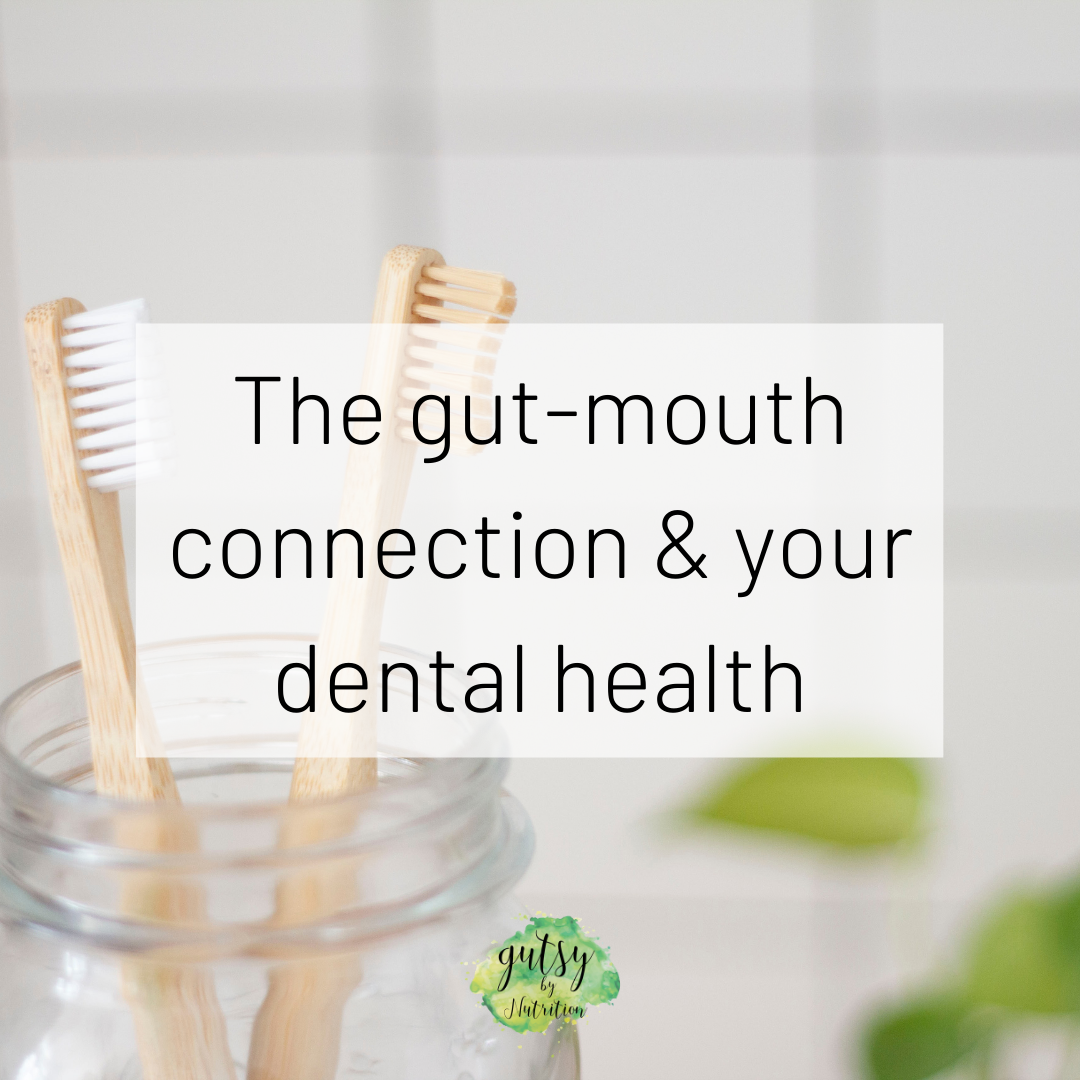Your gut and dental health
I attended a talk given by prominent holistic dentist, Dr Ron Erlich, who is also the head of ACNEM.
He talked about something I learned in my training. Early in the 20th Century, a dentist named Weston A Price travelled the world documenting the dental health of traditional cultures. He found that when they stuck to the diet of their ancestors, their mouths and teeth were perfectly shaped allowing optimal breathing and posture, and that that they had no cavities. Yes, none! Their general health was also strong.
Until they turned to a modern industrial diet, which in one generation caused their mouths to become misshapen and their teeth to be chaotic and rotten. Their general health also deteriorated.
He postulated that this was because traditional diets are more nutrient dense and promote a diversity of healthy bacteria. Of the 118 elements that exist in nature, the human body needs 60, although we don’t yet know what all are used for yet.
For example, traditional diets contain at least 4 times the amount of water soluble vitamins, calcium and other minerals than the Western diet, and at least 10 times the amount of fat soluble vitamins A, D and K. He also noted that the fat soluble vitamins A and D were found only in animal fats. While he actively sought out a traditional vegan community, and believed he’d finally found one in Africa, he discovered that once a year they ate large moths rich in these substances.
When considering dental stress, there are two kinds. The first is biochemical and is either short or long-term involving
Ongoing infections of our gut, teeth, gums and jaw bone
Chronic body-wide inflammation
The impact of toxic dental materials like amalgam (which is mercury, a known neurotoxin)
Respiratory system diseases
Oral cancer
Disturbingly, in the West, 93.9% of adults now have gingivitis and 47.2% have periodontitis, which rises to 70.1% for those over 65 years old. What does this mean?
It doesn’t auger well for our systemic or overall health because it points to a picture of inflammation, which is linked to 90% of the chronic diseases that are killing us such as cancer, stroke, heart disease, Alzheimer’s, autoimmune disease and so on. In other words, if someone’s oral health is poor, the rest of their health is likely to be compromised too.
Second, the state of our mouth can also cause biomechanical stress, impacting the
Neurological input into our nervous system
In turn potentially impacting our digestive function
As well as our neuromuscular system, causing postural issues, headaches & neck aches
What this brought home again for me is that dental health is critical to our overall health, just as our overall health is important for dental health. I was also reminded that our body is not made up of parts that act separately, but is a system where the health of one area reflects and impacts the health of others.
Want some proof? Here’s a story about a male client.
He had a rare gum disease he’d been fighting for years. It was so bad - through no hygiene fault of his own - that he was told he would lose all of his teeth within a few years. When he came to see me he’d already lost 4 teeth. He had to see his dentist every 3 months for a painful process of digging out the infection from pockets in his gums.
In functional nutrition, the mouth is not just the window to the gut as it’s where chewing and other key digestive processes begin, but it mimics the state of your gut health. In other words, the cells and microbes that make up the gastrointestinal tract also exist in the mouth. A healthy gut is a healthy mouth with good dental health, and vice versa.
This means that if you have cavities and other mouth infections, you most likely have gut imbalances such as intestinal permeability, inflammation, bacterial overgrowths and undergrowths, compromised gut immunity, food sensitivities, digestive and fat digestion problems, yeast or fungal imbalances and more.
I got my client to do a stool test to assess the state of his gut, and sure enough he had some imbalances, including a bad bacterial overgrowth that related to oral health. Inevitably when my clients get this testing done, the overgrowth they have directly relates to their symptoms e.g. arthritis promoting bacteria in people experiencing joint inflammation, or bacteria related to lung health in people with chronic chest infections.
Through a natural dietary and supplemental protocol that killed off the bad bacteria, promoted the growth of his good bacteria, healed his gut lining and supported better gut immunity, his infection almost disappeared. His dentist said she’d never seen anything like it.
My client still has to take care of his mouth and gut health, including by continuing to eat well, but he’s lost no more teeth and doesn’t need to see the dentist more than every 6- 12 months, just like the rest of us. During his last visit, rather than having many pockets of gum infection rated at 6-8 like before, he had one spot rated 4, which he’s now got rid of.
The impact of the gut on our health is astounding. If we pay attention to it, the rest of our health often improves. Gut health is that foundational, whether we recognise our symptoms or not.

